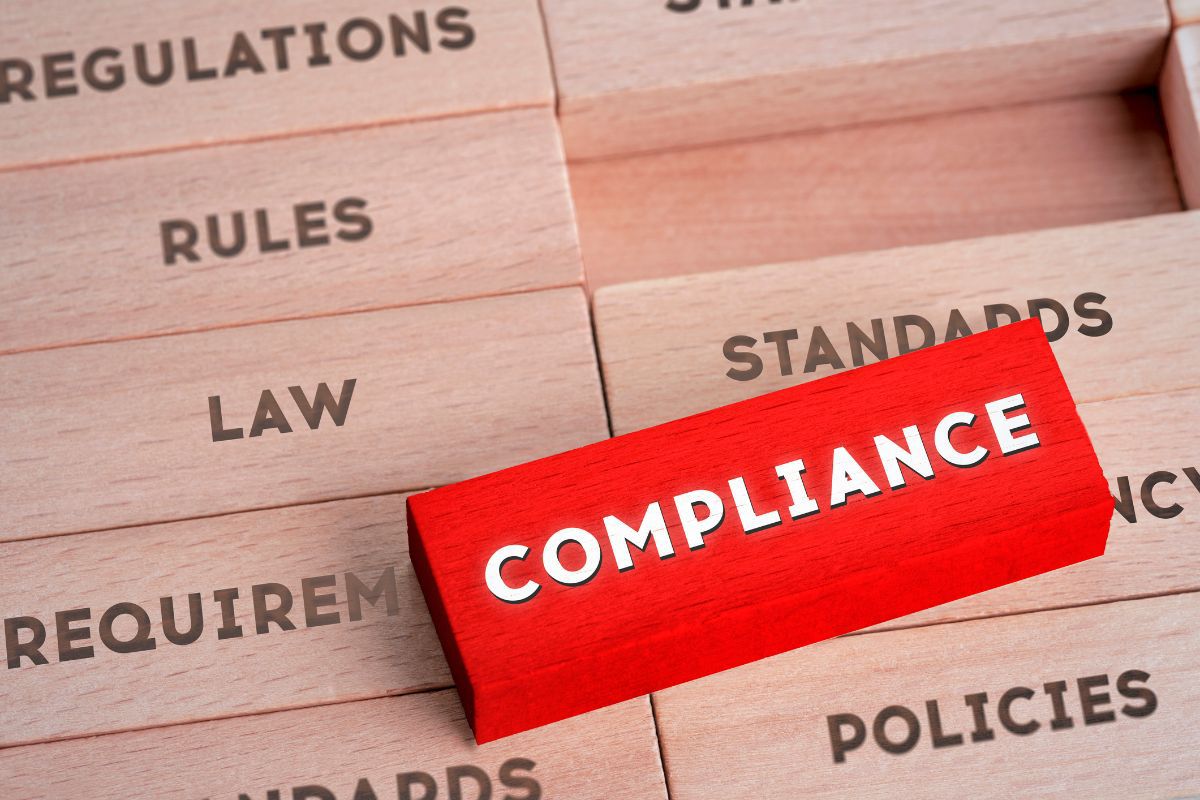Document destruction is an essential task for businesses of all sizes and industries. Properly disposing of confidential information helps to protect sensitive data and prevent security breaches. However, it’s not just a matter of shredding documents and throwing them in the trash; there are legal requirements that businesses must follow when it comes to destroying certain types of documents.
In this article, we will discuss the legal requirements for document destruction services. We’ll cover what types of documents need to be destroyed, how they should be destroyed, and the consequences businesses can face if they fail to comply with these regulations. Whether you’re a small business owner or part of a large corporation, understanding these legal requirements is crucial for protecting your company’s reputation and avoiding costly fines or lawsuits.
Why Document Destruction is Important

Document destruction is an essential process for any business or organization that deals with sensitive information. The legal requirements for document destruction services ensure that confidential documents are destroyed in a secure and responsible manner, protecting both the business and its clients from potential data breaches. Orange County shredding services are designed to help individuals and businesses safely dispose of their confidential documents. Shredding ensures that sensitive information cannot be accessed by unauthorized personnel or parties, helping protect against identity theft and fraud.
Failure to comply with these legal requirements can result in severe penalties, including fines, lawsuits, and damage to the company’s reputation. Moreover, outdated or irrelevant documents can take up valuable space and create clutter in the workplace. Document destruction services help businesses keep their premises organized and free of unnecessary paperwork while ensuring compliance with all relevant regulations.
HIPAA and FACTA Compliance:

HIPAA and FACTA are two regulatory acts that have been put in place to ensure the safety and confidentiality of personal information held by organizations. HIPAA is particularly concerned with medical records, while FACTA deals more broadly with consumer data protection. Both laws require organizations to dispose of sensitive information through secure shredding or destruction methods.
To comply with these regulations, document destruction services must adhere to strict protocols for handling confidential information. This includes secure transportation of documents, proper storage prior to shredding or destruction, and thorough documentation of the disposal process. Additionally, companies must provide certification of compliance for each job completed.
Legal Requirements for Healthcare Providers
Healthcare providers are responsible for ensuring that they comply with legal requirements when it comes to document destruction. These requirements include HIPAA regulations, which require healthcare organizations to implement policies and procedures to safeguard protected health information (PHI). The HIPAA Privacy Rule specifically mandates that PHI be destroyed in such a way as to make it unreadable, indecipherable, and irretrievable.
To meet these requirements, healthcare providers must use certified document destruction services. These services must adhere to stringent standards for the shredding and disposal of confidential documents. They may also need to provide proof of compliance with these standards through documentation such as certificates of destruction. Failure to comply with legal requirements for document destruction can result in serious consequences for healthcare providers, including fines and penalties under HIPAA or other regulatory frameworks.
Legal Obligations for Financial Services:
Financial institutions are subject to a range of legal obligations when it comes to document destruction. These obligations are in place to protect the privacy and security of sensitive information. For example, the Gramm-Leach-Bliley Act requires financial institutions to safeguard their customers’ nonpublic personal information (NPI) by implementing appropriate administrative, technical, and physical safeguards.
One aspect of these safeguards is proper document destruction. Financial institutions must ensure that any documents containing NPI are disposed of securely and permanently. This may involve shredding or burning paper documents, or using software tools to securely erase electronic files.
Regulatory Compliance for Businesses:

Businesses are required to comply with legal regulations when it comes to document destruction services. These regulations vary depending on the type of business and the industry they operate in. For example, healthcare organizations must comply with HIPAA regulations which require that all patient information is securely destroyed.
Document destruction services must adhere to specific guidelines and protocols for secure disposal of sensitive information. This includes shredding services or otherwise destroying documents in a way that prevents unauthorized access to confidential information. Businesses may also need to keep records of their destruction processes for a certain period of time as proof of compliance.
Conclusion:
In conclusion, document destruction services are essential for businesses to comply with legal requirements and maintain confidentiality of sensitive information. Properly destroying documents is not only a legal obligation, but it also protects against identity theft and data breaches. Companies must ensure they follow the strict guidelines set by state and federal laws when choosing a document destruction service provider. Failure to do so can result in hefty fines, legal issues, and damage to their reputation. Ultimately, it is important for businesses to prioritize the secure disposal of documents to safeguard their clients’ personal information and protect themselves from potential liability. Make sure you choose a reliable and trustworthy document destruction service provider that follows all legal requirements.
ALSO READ : How To Paint A Room To Maximize Natural Light
